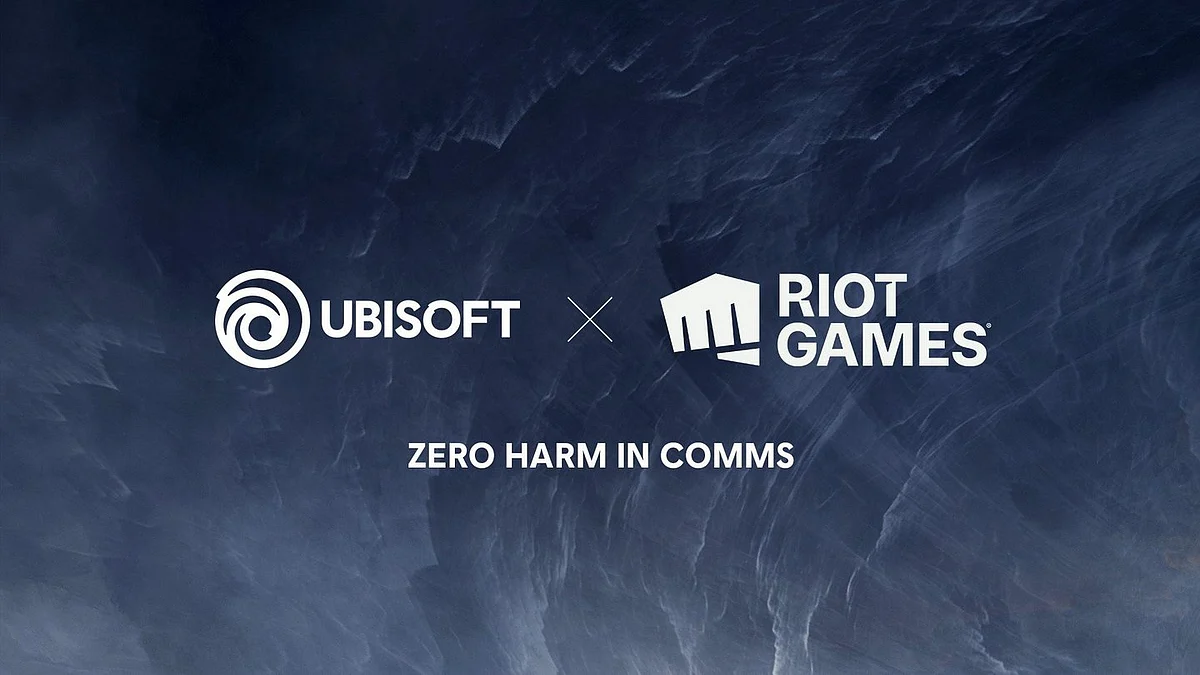
Cover-Credits:
Toxicity is a major problem in gaming and the shroud of anonymity that players get behind their computer screens often leads to undesirable behavior. Riot Games has spent years trying to combat toxicity and yet there are countless players on social media platforms sharing their negative experiences with individuals who take the fun out of gaming. To combat toxicity, Riot Games is collaborating with Ubisoft to create artificial intelligence (AI) tools that can detect toxic behavior and curb it.
How Riot Games and Ubisoft’s collaboration will help crack down on toxicity
Riot and Ubisoft are teaming up on a tech partnership to develop a database that gathers in-game data to better train AI-based preemptive moderation tools that detect and mitigate disruptive behavior in-game. Any kind of user identification data that could lead to a breach of privacy will be removed.
The undertaking that Riot Games and Ubisoft have taken up is being dubbed the “Zero Harm in Comms” research project. It is designed to benefit all gamers and not just those who play Riot or Ubisoft titles.
Both companies believe that improving the social dynamics of online games will only come through “communication, collaboration, and joint efforts across the gaming industry. With Ubisoft’s wide catalog of popular games and Riot’s highly competitive titles, the resulting database of this partnership should cover a wide range of players and use cases to better train AI systems to detect and mitigate harmful behavior.”
With games getting bigger and bigger and catering to massive audiences, Riot is investing in AI systems to automatically detect harmful behavior and foster more positive communities across all their games. There is also a blog on Riot’s approach to player dynamics where the publisher goes into detail about the challenges at play and the various ways their games are working to address them.
The results of the collaboration will be revealed next year. Riot Games has already started implementing systems that help detect disruptive behavior in all of its games and it is also expanding its toxicity monitoring capabilities to voice chat for League of Legends and Valorant in the coming months.
